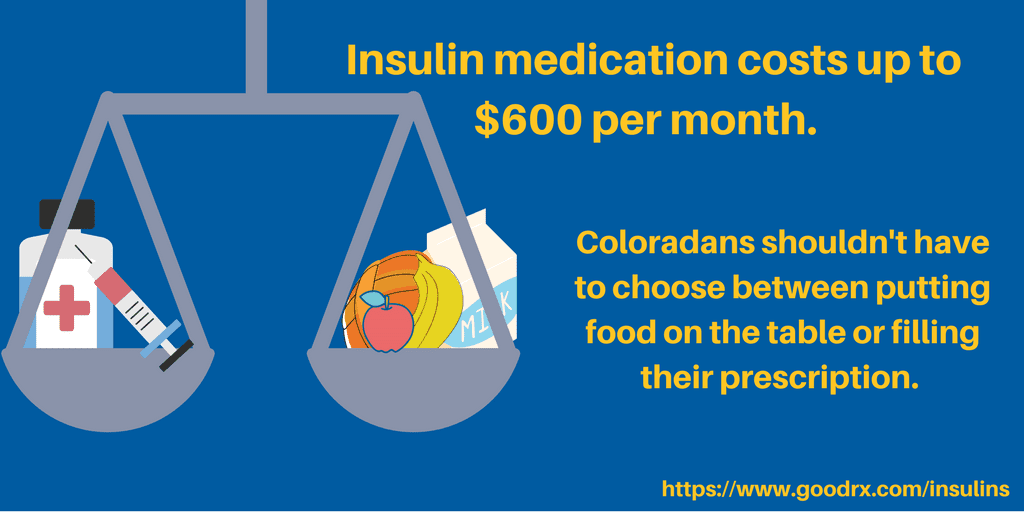Charles Brennan provided testimony in support of House Bill 24-1129, Protections for Delivery Network Company Drivers. CCLP is in support of HB24-1129.
Recent articles
CCLP testifies in support of TANF grant rule change
CCLP's Emeritus Advisor, Chaer Robert, provided written testimony in support of the CDHS rule on the COLA increase for TANF recipients. If the rule is adopted, the cost of living increase would go into effect on July 1, 2024.
CCLP testifies in support of updating protections for mobile home park residents
Charles Brennan provided testimony in support of House Bill 24-1294, Mobile Homes in Mobile Home Parks. CCLP is in support of HB24-1294.
CCLP’s legislative watch for April 5, 2024
For the 2024 legislative session, CCLP is keeping its eye on bills focused on expanding access to justice, removing administrative burden, preserving affordable communities, advocating for progressive tax and wage policies, and reducing health care costs.
Bill offers Rx for drug-price transparency

The high cost of prescription drugs is driving health insurance premiums higher, and financially draining consumers and their families who rely on these medications. In fact, one in 10 Coloradans don’t fill their prescriptions due to costs. Meanwhile, prescription drugs account for 22 cents of every premium dollar spent on health care.
Unfortunately, despite a high-profile case of the pharmaceutical company Mylan overcharging Medicaid programs by billions of dollars and inexplicably raising the price of its life-saving emergency allergy injector, EpiPen, by 400 percent, health care consumers aren’t any closer to understanding why certain drugs cost so much.
In response to the financial pressures many Coloradans and Colorado businesses face over high drug costs, Rep. Joann Ginal, D-Fort Collins and Rep. Dominique Jackson, D-Aurora in the House and Sen. Dominick Moreno, D-Commerce City, in the Senate, are sponsoring House Bill 1260, or the Prescription Drug Price Transparency Act of 2018. HB 1260 would require insurance carriers to provide information on the top 25 costliest and most prescribed drugs in Colorado as well as the drugs that have the highest year-to-year price increases. If approved, the legislation will help Coloradans understand how prescription drugs are contributing to their premium hikes. In addition, the bill requires 90 days advance public notice when drug prices are increasing, and requires drug companies to provide an explanation on price increases that exceed 10 percent in the previous two years. Pricing transparency will give insurance carriers more leverage to negotiate with the pharmaceutical companies — fostering a more competitive market that would ultimately benefit businesses and consumers.
The legislation was developed by a coalition of consumer groups with support from health insurance carriers, health care providers, public health officials and other policy advocates. According to a recent poll conducted by Magellan for Healthier Colorado, 83 percent of Coloradans say drug prices are too high, and 94 percent think the public should have access to information about the basis for drug costs.
Nobody should have to choose between affording a life-changing drug and putting food on the table for their family. While there is no single solution to out-of-control pricing, giving the public and Colorado leaders access to information is a crucial first step.”
HB 1260 will be heard by the House Health, Insurance & Environment Committee.
– By Bob Mook





